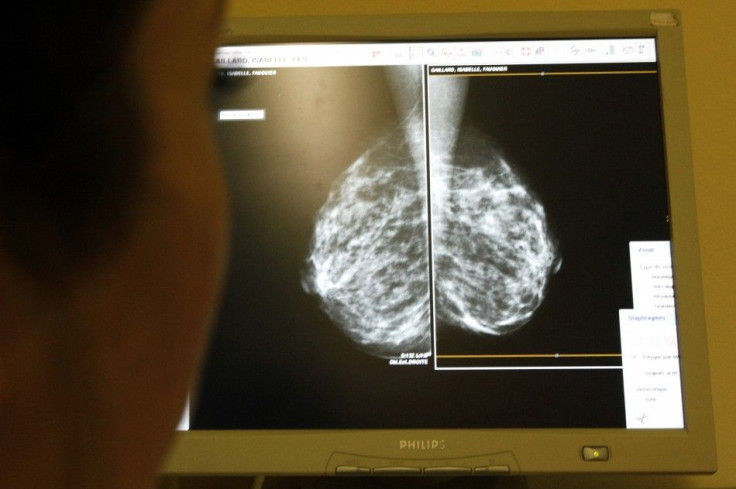Adding Progesterone To Drugs Could Help Breast Cancer Patients: Study

Adding the female hormone progesterone to breast cancer drugs could help nearly 50 percent of the world's breast cancer patients, a recent study says. The study -- published in the journal Nature -- claims that progesterone can help slow tumor growth in breast cancer patients.
Currently, medical staff use drugs such as Tamoxifen to block estrogen receptors in tumor cells. Such receptors are known to cause tumor growth. It was long observed that women who had progesterone receptors as well had a far better outlook. However, researchers didn't know why.
To find out why, scientists from Cancer Research UK's Cambridge Research Institute and Australia's Univeristy of Adelaide studied the mechanism involved. They found that the progesterone receptors changed the behavior of the tumor cells by “talking to” the estrogen receptors. This resulted in slow growth of the breast cancer tumor cells.
“This important laboratory research helps explain why some breast cancer patients have a better outlook. Crucially, it provides a strong case for a clinical trial to investigate the potential benefit of adding progesterone to drugs that target the estrogen receptor, which could improve treatment for the majority of hormone-driven breast cancers,” said Dr. Jason Caroll of Cancer Research UK, in a news release.
The researchers believe that this method of controlling the growth of the breast cancer cells is cheap, effective and safe. In addition, the wide availability of progesterone could potentially help provide an improved and timely treatment to the breast cancer patients.
© Copyright IBTimes 2025. All rights reserved.



















